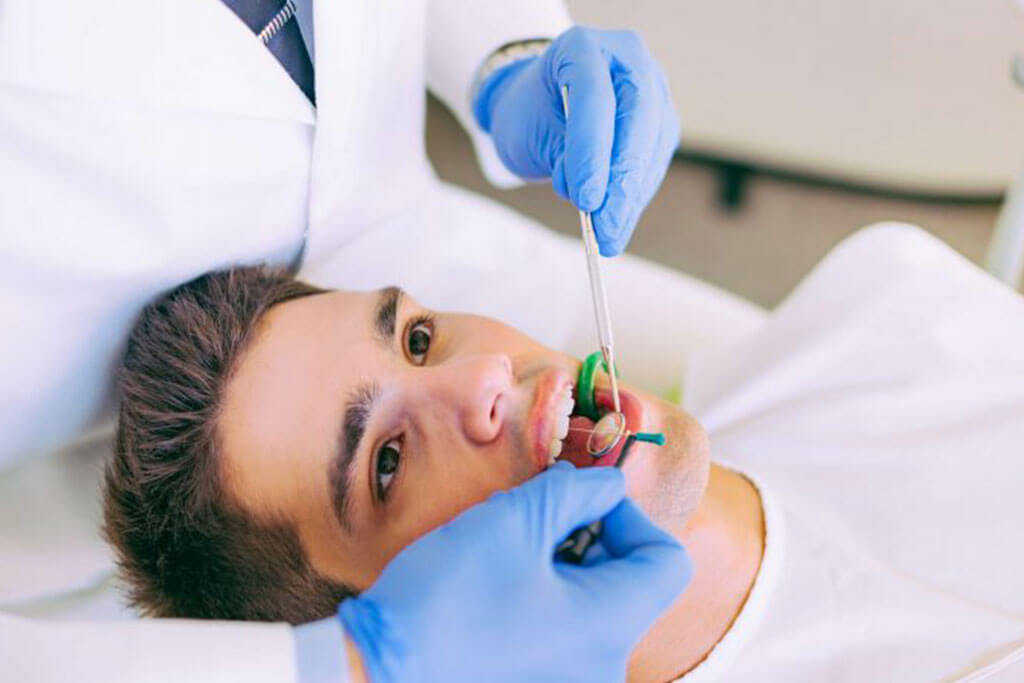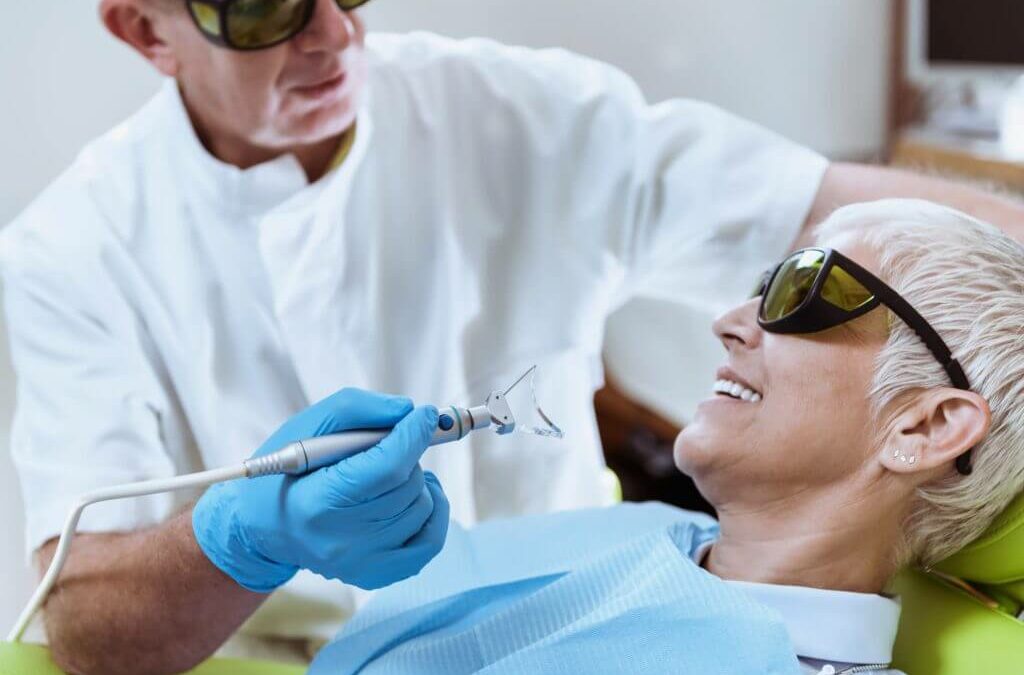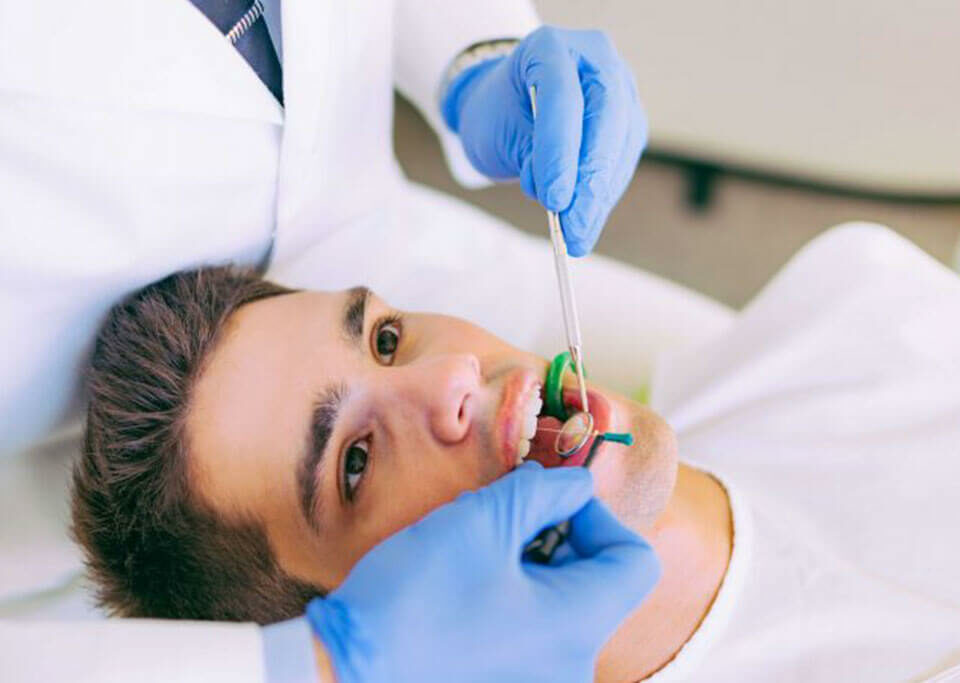
How to get rid of a toothache at night
December 26, 2021What is tooth extraction?
A tooth extraction is the removal of a tooth.
Dentists and oral surgeons remove teeth for various reasons. Some examples include:
- dental cavities
- gum disease
- dental infections
- trauma or injury to the tooth or surrounding bone
- wisdom teeth complications
- preparation for a dental prosthesis
- žpreparation for dental braces, if the teeth are very crowded
- baby teeth not falling out at the proper age
Preparation
A person will have a consultation with their dentist or oral surgeon prior to the extraction.
During the consultation, the doctor will ask for a thorough medical history. They will also ask about any medications that the person is taking.
Some people need to stop or start taking certain medications in the days leading up to the surgery, depending on the amount of teeth, bone, or both to be removed.
A person may also receive certain medications on the day of the surgery.
Starting antibiotics
In a few circumstances, a dentist may prescribe antibiotics before a tooth extraction.
For example, they may do so to treat dental infections with widespread symptoms, such as a fever or malaise, along with local oral swelling.
Toothaches without swelling do not require antibiotics. Always take antibiotics exactly as directed by a doctor, and avoid unnecessary use.
A person may need antibiotics if they have a high risk of infective endocarditis, an infection of the heart valves or the interior lining of the heart chambers.
According to the American Heart Association (AHA), people with certain heart conditions have an increased risk of developing this infection following dental surgery.
The AHA and American Dental Association recommend, therefore, that people with any of the following take antibiotics prior to dental surgery to reduce the risk of infection:
- a prosthetic cardiac valve
- a history of cardiac valve repair with prosthetic material
- a cardiac transplant with structural abnormalities of the valve
- certain congenital heart abnormalities
- a history of infective endocarditis



